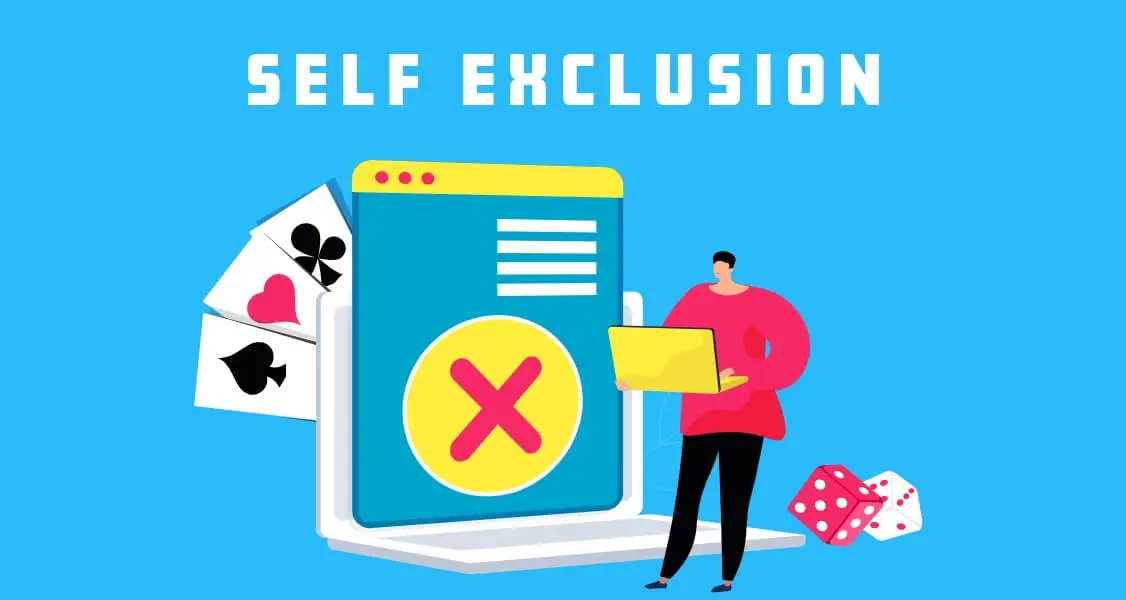
Make the Most of Betting: The 10 Steps to Successful Sportsbetting Strategies
Sports betting has become a popular hobby for many people. If you are one of…

In the digital age, where the allure of online gambling is ever-present, responsible gambling tools have become an essential aspect of tackling addiction and fostering self-control among gamblers. One such tool that has garnered attention in recent years is Gamban. Positioned as a technological solution, it offers an intriguing approach to self-exclusion that sets it apart from traditional methods. In this article, we will explore the pros and cons of Gamban as a primary self-exclusion tool, emphasizing its tech-centric advantage and the limitations associated with being a paid service.
Gamban’s most significant advantage lies in its technology-driven approach to self-exclusion. Unlike traditional self-exclusion methods that rely heavily on individual responsibility, Gamban places the onus on the software itself. It employs sophisticated algorithms to block access to online gambling platforms, ensuring that addicts are less likely to succumb to temptation. This tech-centric approach is advantageous because it reduces the burden on the individual, making it harder for them to override their own self-imposed restrictions. It acts as an automated, digital safety net that operates seamlessly in the background, offering a valuable layer of protection to those seeking to curb their gambling habits.
While Gamban’s tech-centric approach is impressive, it does come with a significant drawback – it is a paid service. This aspect raises concerns about providing a gambling addict with a way to control their addiction when self-exclusion is the primary goal. Critics argue that charging individuals who are already grappling with the financial consequences of their addiction may deter them from seeking help. The idea of having to pay to address a problem that often leads to severe financial hardship seems counterintuitive and even ethically questionable.
Governments worldwide have also recognized the need for self-exclusion tools and have launched their own initiatives. However, these government-run systems, such as BetStop, GamStop, and OASIS, have faced criticism for various reasons.
BetStop primarily focuses on regulating online gambling by collaborating with gambling operators to implement self-exclusion measures. While this approach has potential, it falls short in terms of universality, as not all operators are part of the program. Moreover, the onus of exclusion largely falls on the individual, making it easier for them to circumvent the restrictions.
GamStop boasts a comprehensive self-exclusion database that covers a wide range of online gambling platforms. However, the effectiveness of this system has been questioned due to the ease with which users can manipulate personal details during registration. Additionally, there have been instances of delayed implementation, leaving addicts vulnerable during the interim period.
OASIS takes a slightly different route by offering counseling and support alongside self-exclusion. While this approach is commendable in addressing the root causes of addiction, the system itself suffers from the same drawbacks as GamStop and BetStop. Its coverage is limited, and the efficacy of exclusion measures is inconsistent, making it less foolproof than desired.
In conclusion, Gamban offers a promising tech-driven approach to self-exclusion that reduces the burden on individuals struggling with gambling addiction. However, the fact that it is a paid service raises ethical concerns about profiting from those in need. Government-run alternatives have their own set of issues, including limited coverage and ease of bypass.
As we continue to grapple with the complex issue of gambling addiction, it is crucial to strike a balance between effective self-exclusion tools and affordability, ensuring that individuals seeking help have access to the resources they need without unnecessary financial barriers. Ultimately, the quest for a foolproof self-exclusion system continues, and it remains a critical step in the broader effort to address gambling addiction worldwide.
Gamban aims to block access to a wide range of online gambling platforms, including casinos, sports betting sites, and more. However, its effectiveness may vary depending on the specific websites and apps a person uses.
Gamban is a paid service, and the cost may vary depending on the subscription plan you choose. Pricing can be found on Gamban’s official website.
Gamban’s design minimizes the possibility of users easily overriding the restrictions. It aims to provide a robust barrier against online gambling access. However, no system is entirely foolproof, so it’s essential to commit to your self-exclusion goals.
Yes, there are some free self-exclusion tools available, but they may not offer the same level of automation and comprehensive coverage as Gamban. Individuals seeking free options should explore government-run programs like GamStop or BetStop.
Gamban is available in various countries, but its availability may vary depending on your location. It’s essential to check if Gamban operates in your region before considering it as your self-exclusion tool of choice.